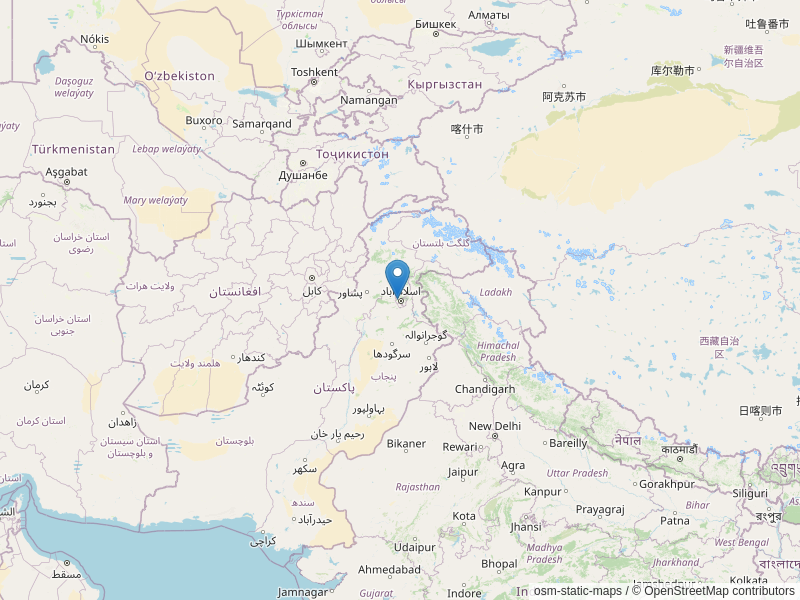HEC Overseas Scholarship Programme for PhD

Note:
This page is only for scholarship candidates who have been shortlisted by the HEC under the “Overseas Scholarship Programme for PhD” for Germany only.
If you have already completed 18 years of education, or if you are about to complete 18 years of education (MS/MPhil) till the beginning of next year: You should go for your PhD (Promotion) directly. In Germany, most PhD candidates do their PhD research on the basis of an agreement with the supervising professor. Only after they have joined the university, they have to apply to the faculty council for admission as a PhD candidate, which is granted as a rule. But you do not need official admission to a German university – unless you want to do your PhD research in the framework of a structured doctoral programme in a graduate school.
All graduates who want to take their chance of completing a PhD project at a German university should start immediately to make themselves acquainted with PhD research in Germany and start searching for a supervisor or a graduate school. We strongly recommend to start now and to gather as much information as possible. We also recommend to start preparing the planned project, read all available literature and start defining the research question and drafting the research design.
About doing PhD research in Germany
- Please keep in mind that PhD research is individual research within a team of fellow researchers. Do not expect a degree course. You will be considered a research fellow, not a student.
- Professors are looking for somebody who fits into their research team and for nobody and nothing else. You have to keep this in mind when looking for a supervisor.
A step by step guidance through the procedure
- Clarify the field in which you want to do your PhD research.
- Search, search and search for institutes and professors working in this field.
- Try to find as much information as possible about the research carried out by every professor who works in your field. Read their publication lists. Try to find some online publication. You often find abstracts of ongoing research projects on the internet. READ!
- Write a first draft of your research proposal considering the research in the institute of the professor you are writing to. (See below guidelines)
- Attach this proposal to an email message written according to the standards explained in the guideline below (How to find a supervisor). Please make sure that in your email message you connect directly to the research of the professor you are writing to.
Remember: General email sent out to many recipients at a time will be deleted. All e-mail that leaves it unclear why you are contacting this specific person, will be deleted, too. Make sure you address persons by name (“Dear Professor [surname]”). Do not claim you have read the professors website if this is not true. If you make any such statements, you should refer to what you have read in detail. (“I read the abstract of your project xx and I found it very interesting, because ….”) - Tell the professor you are writing to that her/his comments on your draft proposal are very welcome. After receiving his/her feedback and his/her general consent to supervise your PhD research, write the full proposal. (see below guideline)
About the research proposal
Keep in mind that the research proposal is the result of the first part of your research project (literature review, focusing the research question, discussing methodology), and – if well written – it will later become part of your thesis. Thus, the major task is actually not writing the proposal, but doing all the research that is necessary before writing it! This means: You really have to READ and abstract all the relevant recent (!) literature on your topic – not just look for some abstracts on the internet.
Some people consider the research proposal a more formal exercise. This is absolutely wrong! The research proposal requires a lot of work before you even write the first line. Considering all the time you will need for reading and abstracting, count on at least four weeks. You also have to calculate some time for revising your proposal according to the suggestions of your supervisor.
See our guideline below for more information.
What are the most common reasons for rejecting a proposal / scholarship application for PhD research?
- You are submitting a Research Proposal of somebody else as your own.
Important: If your supervisor sends you a ready research proposal, you may submit it (under the name of the supervisor, not under your own name!) In this case you have to add a statement of purpose explaining why you want to carry out the suggested project and why you think you are qualified to do so. This paper again should be very well designed! - The purpose of the research remains unclear.
- The methodology is not explained in detail.
- Literature considered in the literature review is outdated.
- The detailed time schedule is missing.
Further proceeding:
- Deadline to submit complete DAAD online application to the DAAD Portal will be communicated via e-mail by the HEC. Access to the DAAD Portal for your online application will be provided to you via email by HEC.
- Selection interviews: exact date to be disclosed by HEC at a later stage
Please check the following files for further information and guidance:
- Guideline: How to find a supervisor [PDF 321.48 KB]
- Guideline: How to develop a research project and write a research proposal [PDF 191.14 KB]
- How to make contact with a potential supervisor [PDF 192.90 KB]
You will also find all the relevant information under the “Research in Germany” in the Downloads & Publications section.






